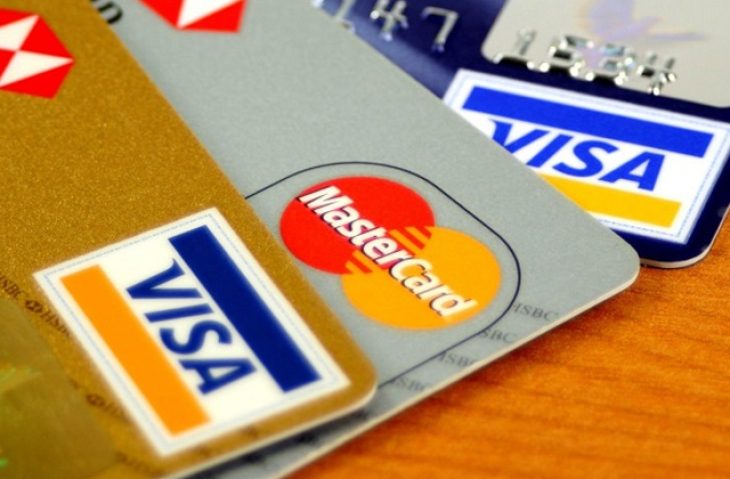This work may be more challenging if you have plans to obtain a personal loan or credit. Before offering unsecured retail loans and credit cards, the Reserve Bank of India (RBI) reportedly instructed banks to tighten client background checks. With unsecured loans, the banks do not require any collateral. Their interest rate is higher than that of other loans because of this.
Due to the rising possibility that these loans will default, RBI has issued warnings to the banks. Despite the rising default risk, the Reserve Bank has additional control over the unsecured portfolio. The use of credit cards and personal loans has quickly expanded since the Kovid plague. According to data, there were 9.9 crore personal loan borrowers in 2022, an increase from 7.8 crore. Similar to this, 28% more persons were using credit cards to borrow money, totaling Rs 1.7 lakh crore. It used to be 1.3 lakh crores.
Personal loans increased to 40 lakh crore.
The speed of unsecured loans is likewise rising quickly in 2023. According to data from the RBI, personal loans rose from 33 lakh crore to 40 lakh crore in February 2023 compared to February 2022. That is, there was a 20.4% increase in it. The RBI is concerned about expanding unsecured lending in light of rising interest rates and inflation.
In light of the potential for default, this is the reason the Reserve Bank has urged caution when it comes to unsecured loans. In addition, various adjustments have been made on the part of the banks. According to sources, the RBI may put more risk into unsecured loans.


